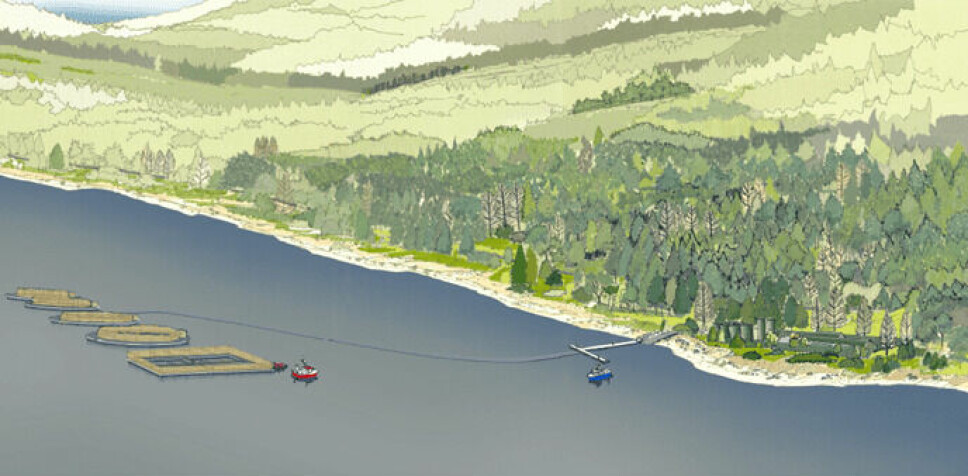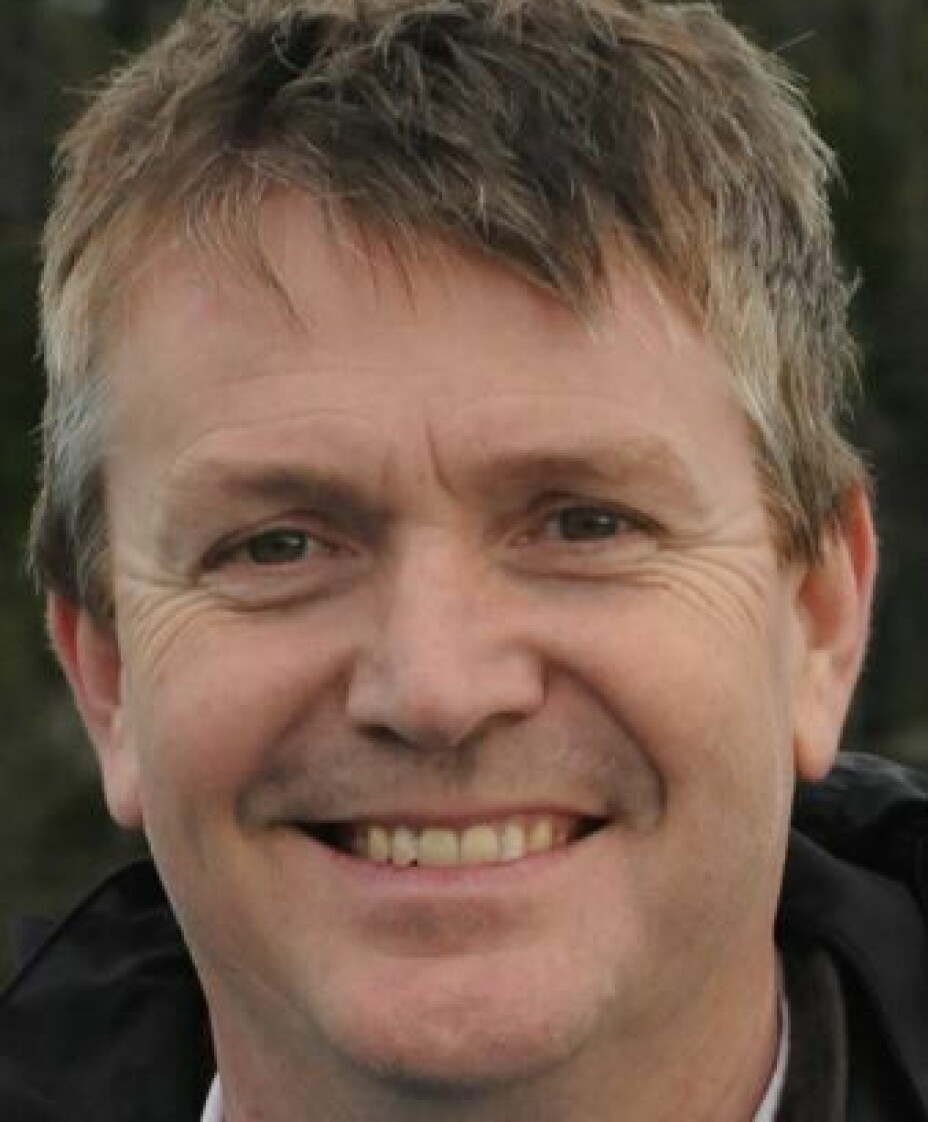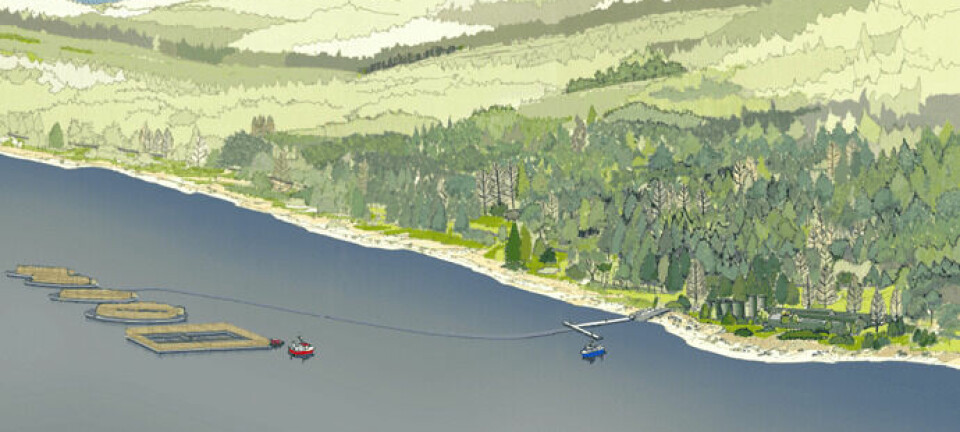
Loch Long Salmon ‘exploring options’ after semi-closed farm is blocked
National Park board has missed an opportunity, says company’s MD
The company planning Scotland’s first semi-closed containment salmon farm in Loch Long today said it would explore ways to further its ambitions after its application was rejected by the Board of the Loch Lomond & Trossachs National Park.
The Board yesterday voted to accept a recommendation by planning officers to reject Loch Long Salmon’s plans for the salmon farm at Beinn Reithe even though the project was supported by the closest community council, MSPs and the local MP, and had been approved by the Scottish Environment Protection Agency (SEPA).
Loch Long Salmon (LLS) proposes to use four floating grow-out enclosures and a floating harvest pen. The pens have a net and an impermeable membrane to prevent sea lice or other threats such as seals or algal blooms from harming the fish.
Water for the enclosures would be pumped into the pens from depth, with 85% of waste collected and taken ashore for treatment.

Next steps
LLS managing director Stewart Hawthorn said: “The National Park Board have missed an opportunity to sensitively use the natural resources within the park to support local communities and fulfil their mission to improve the wider environment beyond the borders of the Park.
“In doing so they have gone against the wishes of the community, expert advisers, national regulators and a cross-party group of elected officials.
“There are a range of options available to us to continue our efforts to bring the benefits of semi-closed containment aquaculture to Loch Long. We will explore those options carefully over the coming days and weeks before deciding on the next steps.”
Industrial appearance
Despite the LLS farm getting the green light from SEPA experts, a 101-page report by planning officers stated that “there is not a body of sound evidence on which to rely to make a decision on this new technology”.
The officers also the development would have an industrial appearance and would erode many distinctive characteristics and qualities of the surrounding seascape / landscape.























































